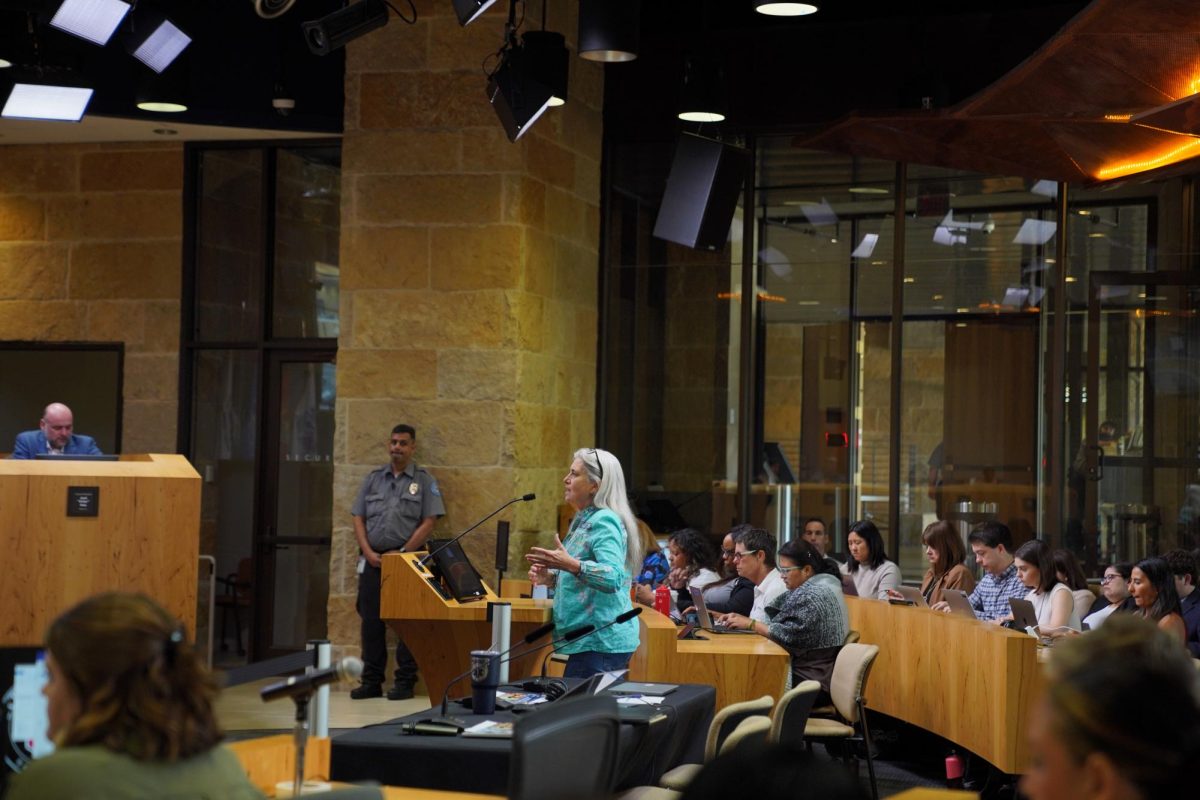The expected above-average summer temperatures and resulting high energy demands may lead to conservation alerts to reduce the likelihood of rolling blackouts.
These alerts are one tool in the critical energy conservation process that resulted in a rolling blackout across the state of Texas last winter, said ERCOT spokesperson Dottie Roark. Although a rolling blackout is not expected to occur this summer, a higher-than-normal number of forced power generation outages during a period of high demand, or record-breaking weather conditions similar to last summer, could result in a rolling blackout, she said.
There are many steps followed prior to the start of a rolling blackout, Roark said.
“It is the last stage of our emergency procedure,” she said. “We keep a certain amount of reserve generation facilities on hand at all times and can even transfer power from outside the state if need be.”
Roark said there are customers who have volunteered to be dropped first from power generation in the case of a shortage. She said they are compensated for their participation and these steps will normally control the issue.
Austin Energy spokesperson Ed Clark said Austin Energy has taken steps to minimize the effects of a rolling blackout, should one be necessary again. When the rolling blackout occurred last winter, Austin had only 44 out of all 400 circuits available to participate in the shutoffs. There are now 144 circuits in the grid and now no single area will need to remain shut off as long, and the damages to the residents of those areas will be lessened, Clark said.
“Last winter, homes were being shut off for 45 minutes to an hour at a time,” Clark said. “With the availability of these circuits, I would expect it to be 10 to 15 minutes. It is very unlikely that we would see a rolling blackout as damaging as last winter’s.”




















